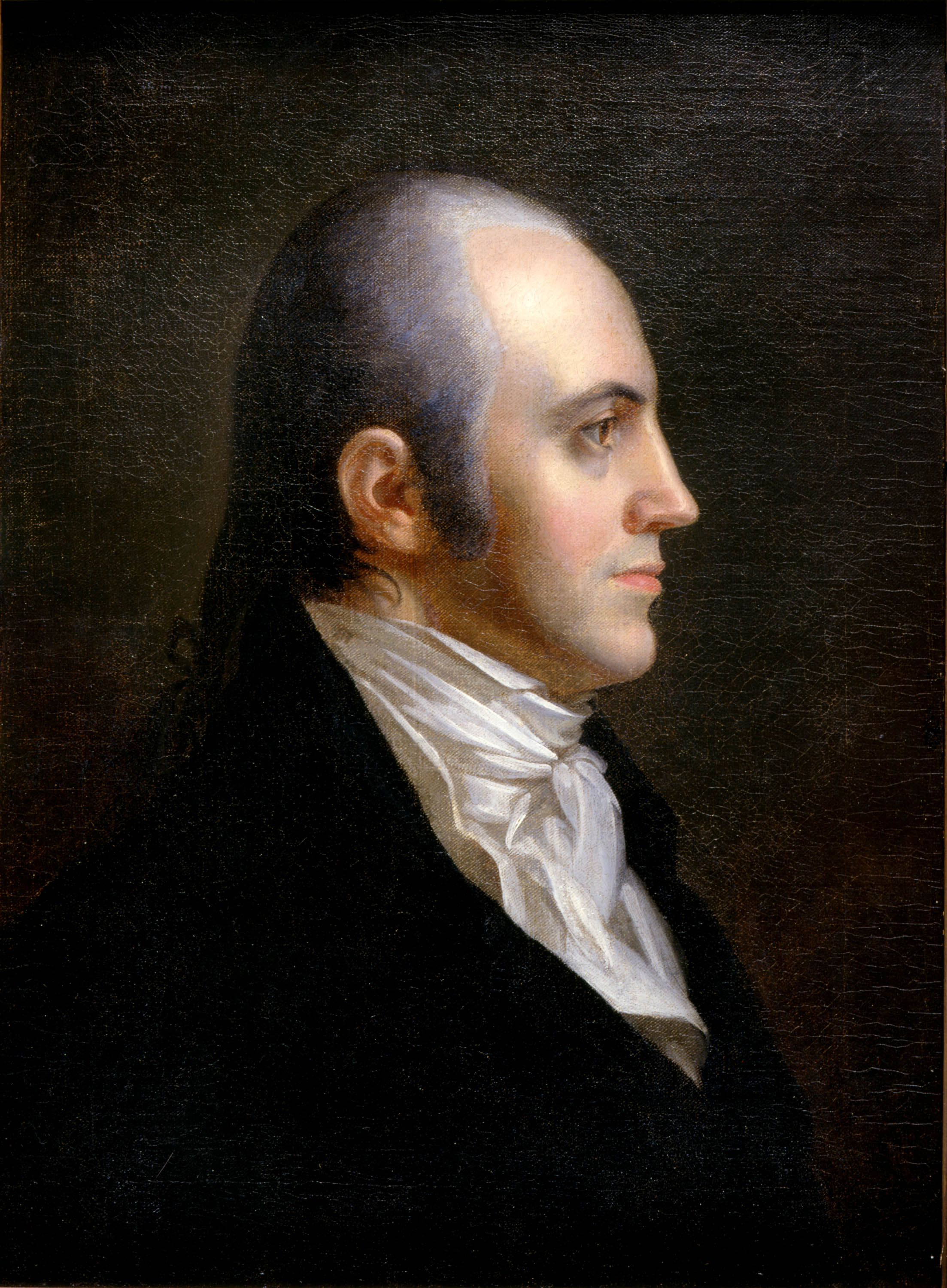“The rule of my life is to make business a pleasure and pleasure my business.”
Letter to Pichon, reported in Marshall Brown, Wit and Humor of Bench and Bar (1899), p. 67.
Aaron Burr, Jr., né le 6 février 1756 à Newark dans la Province du New Jersey, et mort le 14 septembre 1836 à Staten Island, New York, est un homme politique et aventurier américain, troisième vice-président des États-Unis et qui est particulièrement connu pour le duel qui l’opposa à Alexander Hamilton. Wikipedia

“The rule of my life is to make business a pleasure and pleasure my business.”
Letter to Pichon, reported in Marshall Brown, Wit and Humor of Bench and Bar (1899), p. 67.
“Law is whatever is boldly asserted and plausibly maintained.”
Reported in Burton Stevenson, Home Book of Proverbs, Maxims and Familiar Phrases (1948).
Reported in Marshall Brown, Wit and Humor of Bench and Bar (1899), p. 67. Alternately reported as "Never do today what you can put off till tomorrow. Delay may give clearer light as to what is best to be done", reported in Jacob Morton Braude, The Complete Art of Public Speaking (1970), p. 84.
Last words; Burr was an atheist. His last words were a response to the efforts of his friend, Reverend P.J. Van Pelt, to get Burr to state that there was a God. Reported in Holmes Moss Alexander, Aaron Burr: The Proud Pretender (1937), p. 356.